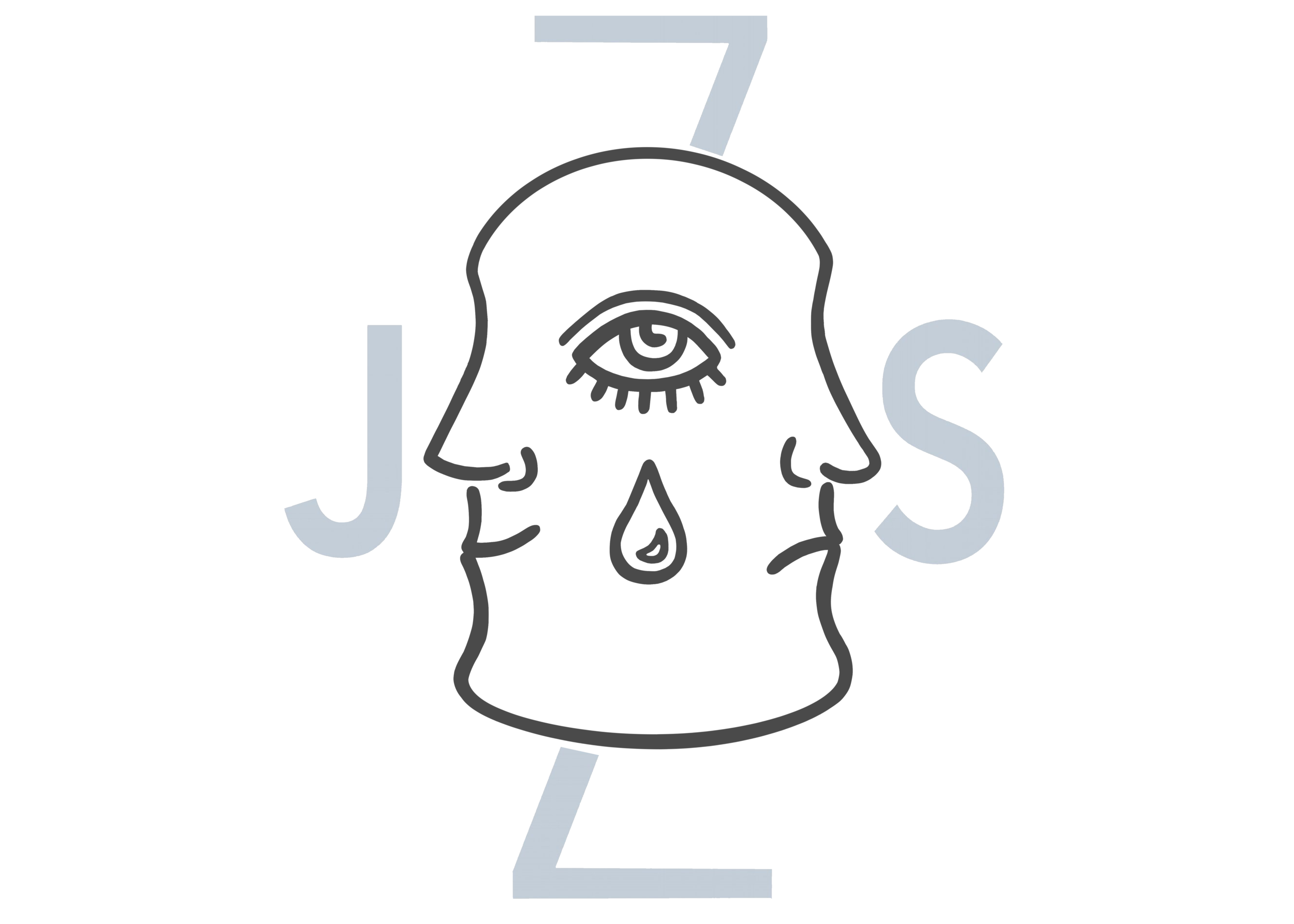Rejoice. Relapse. Repeat.
Yesterday, for me, marked exactly 1 year and 6 months of being completely clean and sober from all benzos / prescription pills. I was hesitant to write a progress post, as I did at the 6 month & the 1 year benchmarks, because I didn’t quite feel like I recently had made “progress” worth sharing. On the other hand, I felt that this sentiment was just as, if not more, important to share.
There can often be a sense of euphoria that comes with initial sobriety. I’ve learned recently, from other recovering addicts I’ve spoken to, that it is fairly common for the first signs of relapse to arise as that feeling begins to fade away. According to the National Institute on Drug Abuse, 40-60% of all addicts will relapse at some point during their recovery process. As I sat down to do some research, I discovered numerous articles and statistics about relapse and how to bounce back from it; but, there were very few pieces written on prevention/ factors that lead to relapse. This should be no surprise, given our broken American Mental Health Care System is very treatment-centric rather than preventative.
Another piece of information that I found, also from the National Institute on Drug Abuse, is that “more than 85% of people… who stop using a drug, begin using it again within a year.” To expand on that, my research also proved that the traditional 12-step recovery program does not work for most people. Addiction Specialists at the American Addiction Center report that success rates for AA, for example, are only cited at around 8-12%. (https://americanaddictioncenters.org). Further, a 2014 AA membership study, showed that “27% of the more than 6,000 members who participated in the study were sober for less than a year…” while only around 14-20% proved to stay sober long-term (https://www.aa.org/assets/en_US/p-48_membershipsurvey.pdf).
So, despite the discrepancy between the high percentage of relapse rates vs. the low percentage of results yielded from traditional/ accessible recovery programs, there are still so few avenues for addicts to go down for help with relapse prevention. Given that NA/ AA is the most common type of addiction treatment for American people, you’d hope it would garner more success rates.
For myself, around the one year anniversary was when I started to really feel the effects of living with no mood stabilizing drugs as a person with Bipolar 2, as well as OCD and severe anxiety. As I began to really experience the ebbs and flows of mania and depression back in full swing, I was reminded of how I landed here in the first place. While I’m proud to say, I have not wavered in my dedication to abstain from abusing psychopharmaceuticals, I have recently noticed old bad habits, resurfacing.
The years of abusing prescription pills had taken such a toll on my mind and body, that I truly had forgotten how it felt to live unmedicated. At the beginning of my recovery process, I attributed the euphoria entirely to the fact that I had so much more energy without drug abuse, and that I could actually immerse myself into experiencing more of life again. However, once that mania disappeared, it was evident to me that the crash from this “high” was also due to the chemical makeup in my body reacting to having nothing to rely on but itself, and I quickly found myself in a deep, uncontrollable depression.
Thankfully, after years of on-and-off therapy and self-discovery, I am now more in touch with my emotions and more equip to handle these things- but it doesn’t make it easier on some of the darkest days. As I mentioned, I’m proud to have been steadfast in my self-restraint from all pills, but it has become harder and harder to show discipline across the board. I’m not very proud that I’ve been drinking a bit too frequently or relying too much on THC to help in moments of intractable anxiety. Even something as simple as indulging in too much junk food can legitimately make me feel like I am regressing in my personal development. I have to assure myself, though, that I’m my biggest critic, and that it’s a natural part in the recovery process, in order to keep going and push through. All I can do is learn from it and try to do better going forward.
It’s very easy to share accomplishments and boast about successes on social media. Taking accountability for yourself, and sharing pitfalls or hardships, is definitely not as easy. That’s what makes it all the more vital to do. I may not be satisfied that these last 6 months of recovery have not been as prosperous as the prior 6 months, or ones before that. But, I’d also be lying if I said that sharing this didn’t give me a sense of catharsis in knowing that hopefully, someone else can connect with the idea, and understand that recovery is never linear. I’ve learned this firsthand. I am 1 and a half years into this, and I’m just now seeing that this is still the very beginning.
Thank you to those who’ve showed me love and support. For more information/statistics about drug abuse, or if you’re in need of help: please visit www.drugabuse.gov The National Institute on Drug Abuse
